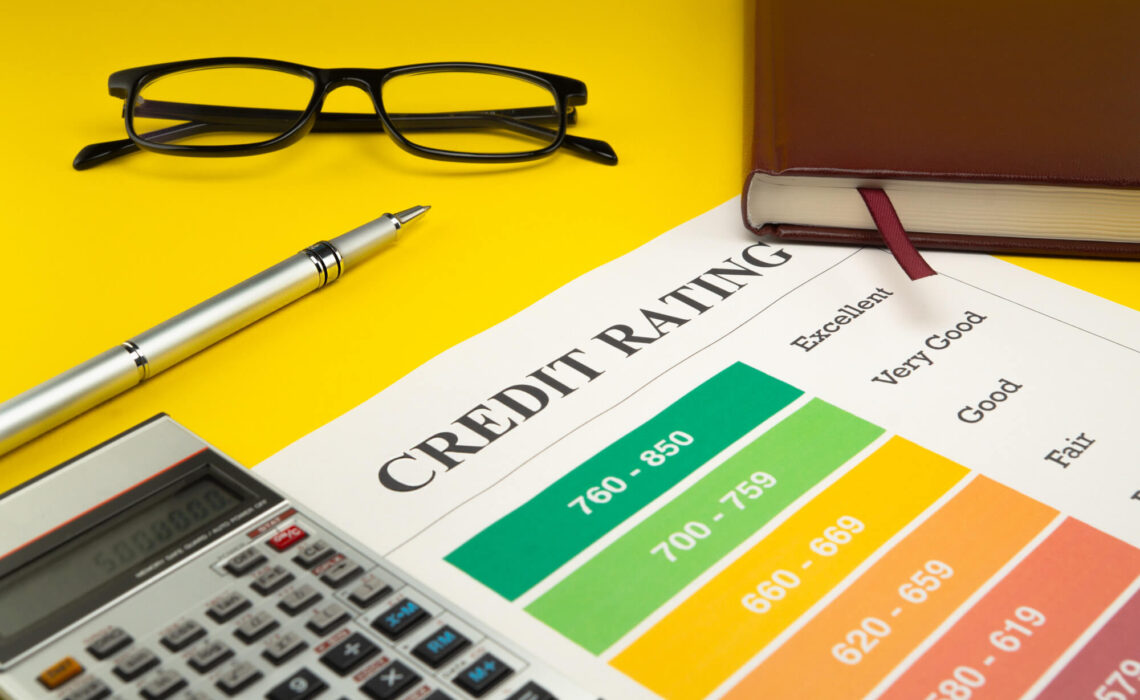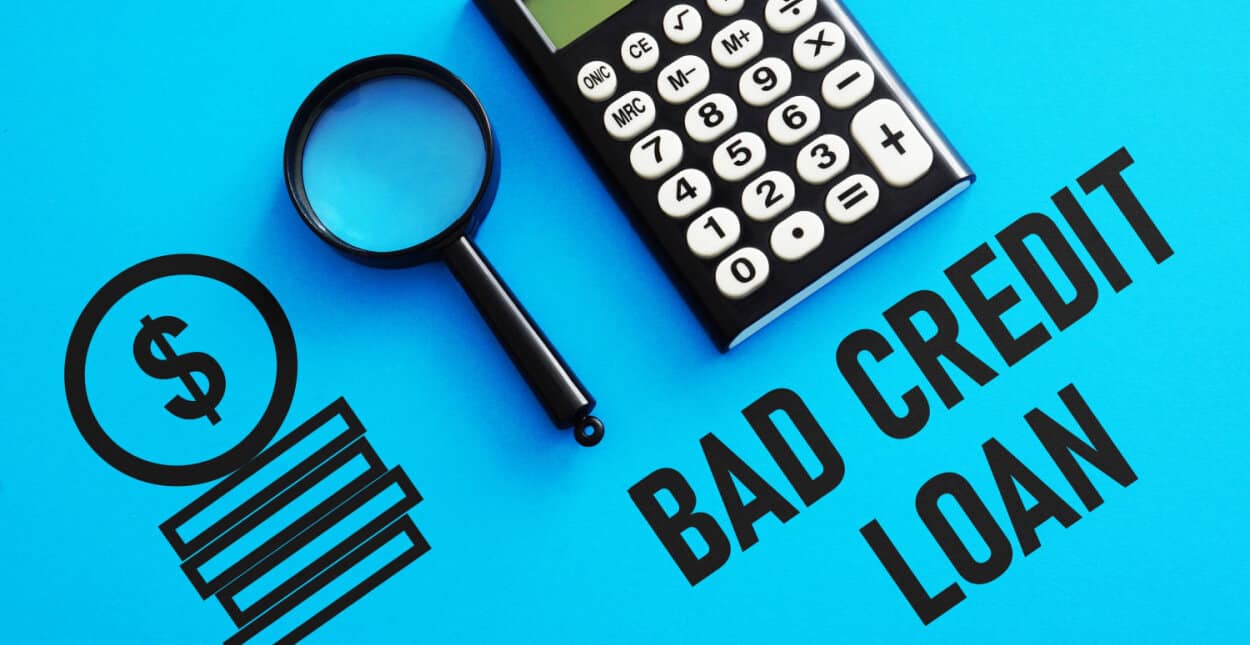Direct Lenders For Bad Credit Guaranteed Approval

Imagine Sarah, a single mother juggling two part-time jobs, staring at a growing pile of bills. Her old car, essential for getting to work and taking her daughter to school, just coughed its last breath. The repair estimate? More than she earns in a month. Banks slammed the door shut, citing her less-than-stellar credit history. Despair threatened to engulf her until a friend mentioned something she'd only vaguely heard of: direct lenders offering "guaranteed approval" for bad credit.
The promise of guaranteed approval, especially when coupled with the urgency of a critical need, can seem like a lifeline. However, navigating the world of direct lenders for bad credit requires careful consideration and a healthy dose of skepticism. This article aims to cut through the noise and provide a clear understanding of what these loans entail, the potential risks, and how to approach them responsibly. It’s about understanding the realities behind the marketing buzzwords and making informed decisions to avoid further financial strain.
The Lure of "Guaranteed Approval"
The term "guaranteed approval" is a powerful marketing tool, particularly appealing to individuals with damaged credit. Credit scores, those three-digit numbers that dictate so much of our financial lives, can feel like insurmountable barriers. Low scores can stem from past mistakes, unforeseen circumstances, or even identity theft, leaving people feeling trapped.
Direct lenders who advertise "guaranteed approval" often focus less on credit history and more on other factors. These might include stable income, employment history, and the ability to provide collateral. While this can open doors for some, it’s crucial to understand the trade-offs involved.
What Does "Bad Credit" Really Mean?
Before delving into the specifics of direct lenders, it's essential to define "bad credit." Generally, a credit score below 630 is considered bad or poor. Scores between 300 and 579 are considered “very poor”.
Experian, one of the major credit bureaus, breaks down credit score ranges as follows: Exceptional (800-850), Very Good (740-799), Good (670-739), Fair (580-669), and Poor (300-579). Understanding where you fall on this spectrum is the first step in managing your financial health.
Direct Lenders: Cutting Out the Middleman
Traditional loans often involve a bank or credit union acting as an intermediary. Direct lenders, on the other hand, lend money directly to borrowers, often online. This streamlined process can lead to faster approval times and potentially more flexible lending criteria.
Many direct lenders operate primarily online, making them accessible to a wider range of borrowers, regardless of location. This convenience, however, also requires increased vigilance.
The Role of Online Platforms
Online lending platforms have revolutionized the borrowing landscape. They offer a wide array of loan products and lenders, making it easier to compare options and find a loan that fits individual needs.
These platforms often use algorithms to assess risk, allowing them to approve loans that traditional lenders might reject. However, it's crucial to remember that these algorithms are not infallible, and borrowers must still exercise caution.
The Fine Print: Interest Rates and Fees
The convenience and accessibility of direct lenders often come at a cost: higher interest rates and fees. Lenders who take on more risk typically charge more to compensate for that risk.
According to the Consumer Financial Protection Bureau (CFPB), loans marketed to individuals with bad credit often carry Annual Percentage Rates (APRs) significantly higher than those offered to borrowers with good credit. These rates can sometimes reach triple digits, making repayment extremely challenging.
Understanding APR vs. Interest Rate
It's crucial to understand the difference between the interest rate and the APR. The interest rate is the base cost of borrowing money, while the APR includes the interest rate plus any fees associated with the loan, such as origination fees or application fees.
Always focus on the APR when comparing loan offers, as it provides a more accurate representation of the total cost of borrowing.
Potential Risks and Red Flags
The promise of "guaranteed approval" can sometimes mask predatory lending practices. Some lenders may exploit vulnerable borrowers by charging exorbitant fees or trapping them in cycles of debt.
Be wary of lenders who pressure you to borrow more than you need, who are not transparent about their fees and terms, or who require upfront payments before approving your loan. These are all red flags that should raise concerns.
The Debt Trap
One of the biggest risks associated with bad credit loans is the potential for a debt trap. High interest rates and fees can make it difficult to repay the loan on time, leading to late fees, penalties, and a further decline in your credit score.
According to a report by the Center for Responsible Lending, payday loans, a type of short-term loan often marketed to individuals with bad credit, can have APRs as high as 400%. These loans are notoriously difficult to repay and often lead to borrowers taking out additional loans to cover the initial debt.
Alternatives to "Guaranteed Approval" Loans
Before resorting to high-interest loans, explore alternative options. Consider credit counseling, debt consolidation, or borrowing from friends or family.
Nonprofit credit counseling agencies can provide guidance on managing debt, creating a budget, and improving your credit score. Debt consolidation involves combining multiple debts into a single loan with a lower interest rate, making repayment more manageable.
Building Credit Responsibly
The best way to avoid relying on bad credit loans is to improve your credit score over time. This can be achieved by paying bills on time, keeping credit card balances low, and avoiding opening too many new credit accounts at once.
Consider secured credit cards, which require a security deposit, as a way to rebuild credit. Reportedly, these cards often have lower credit limits and higher interest rates, but they can be a valuable tool for establishing a positive credit history.
Making an Informed Decision
If you decide to pursue a loan from a direct lender, take the time to research your options carefully. Compare offers from multiple lenders, read reviews, and check the lender's reputation with the Better Business Bureau.
Always read the fine print before signing any loan agreement. Make sure you understand the interest rate, fees, repayment terms, and any penalties for late payments.
The Importance of Financial Literacy
Ultimately, the best defense against predatory lending practices is financial literacy. Understanding your rights as a borrower, knowing how to manage your finances, and being aware of the risks associated with different types of loans can empower you to make informed decisions and protect yourself from financial harm.
Numerous organizations offer free financial literacy resources, including the CFPB and the National Foundation for Credit Counseling. Taking advantage of these resources can help you build a stronger financial foundation.
A Path Forward
Sarah, armed with newfound knowledge, cautiously explored her options. She checked the lender's credentials, scrutinized the terms, and even sought advice from a credit counselor. While the "guaranteed approval" loan offered a temporary fix, she recognized the importance of long-term financial stability.
While the allure of guaranteed approval can be strong, remember that it often comes with significant risks. Approach these loans with caution, explore all available alternatives, and prioritize building a solid financial future. The goal is not just to escape a financial crisis, but to build a path towards lasting financial well-being and peace of mind.


















